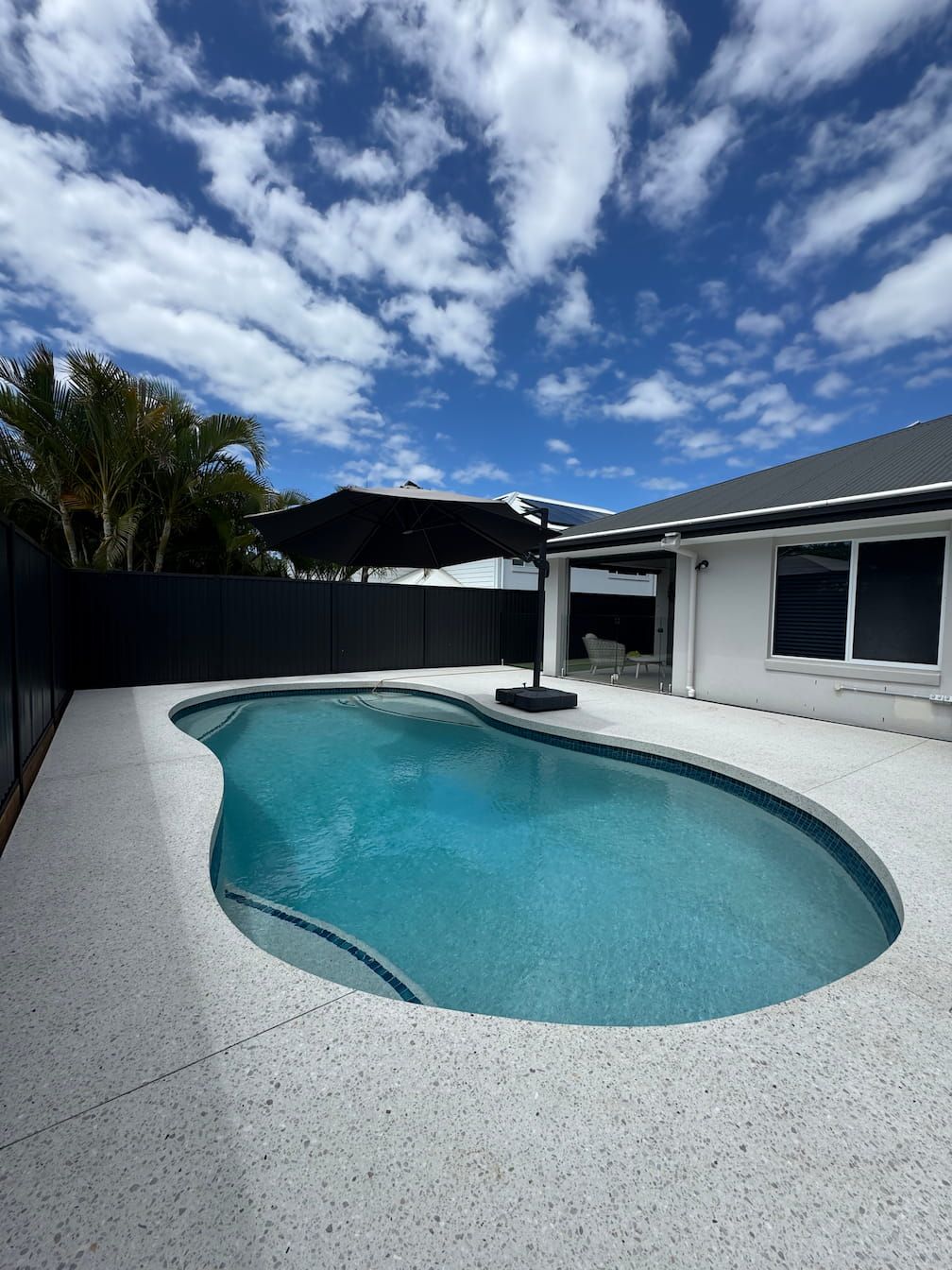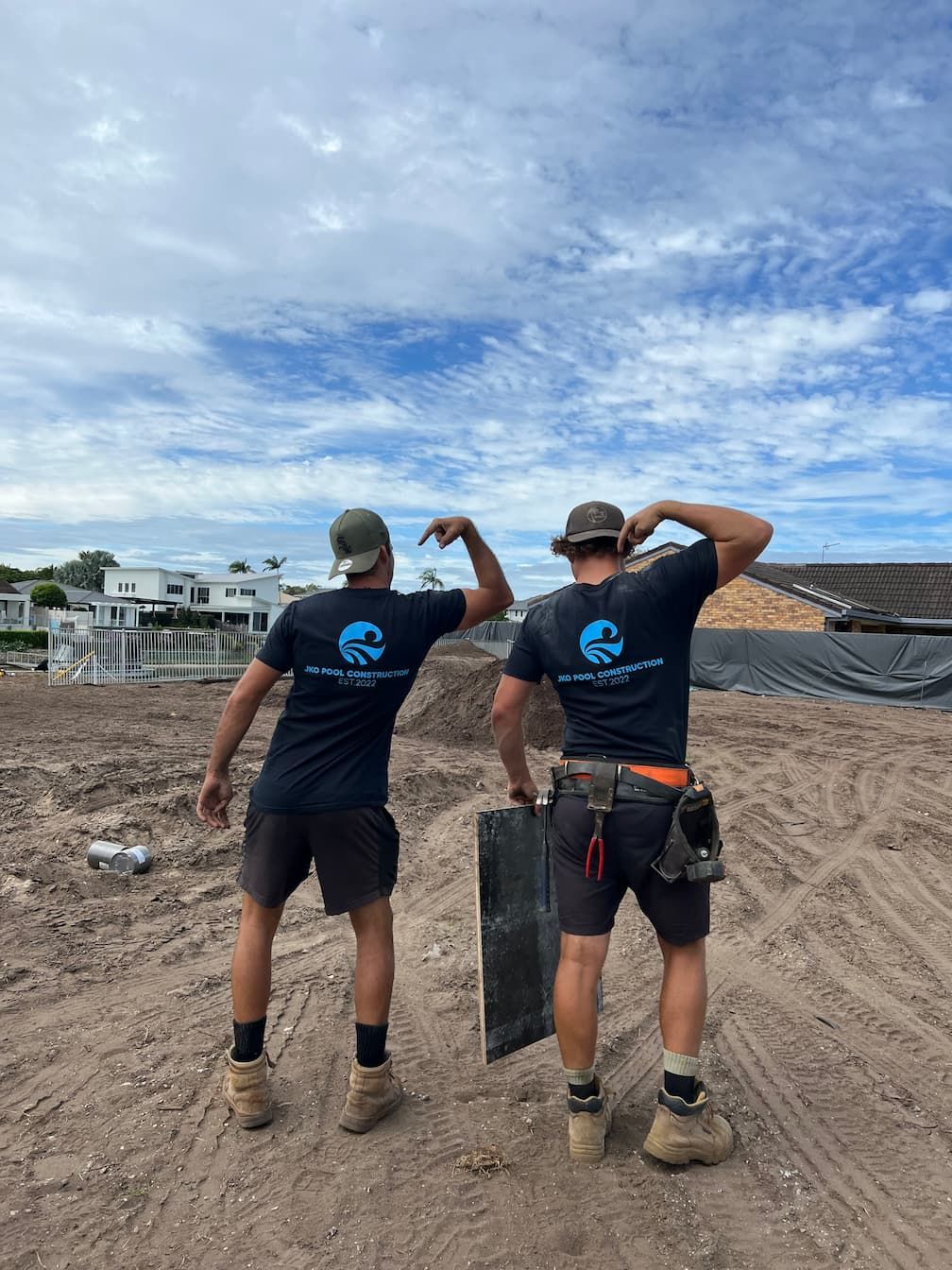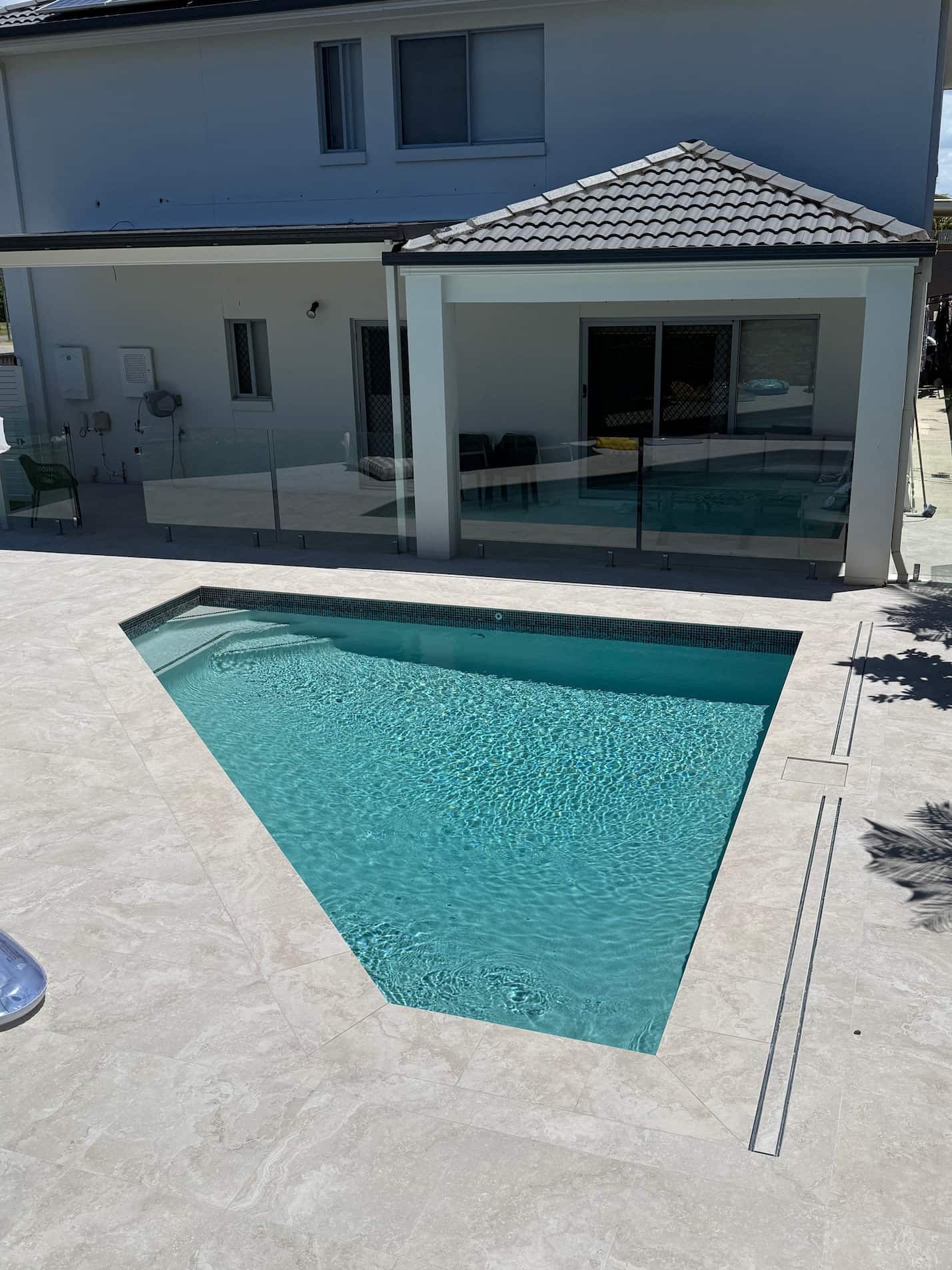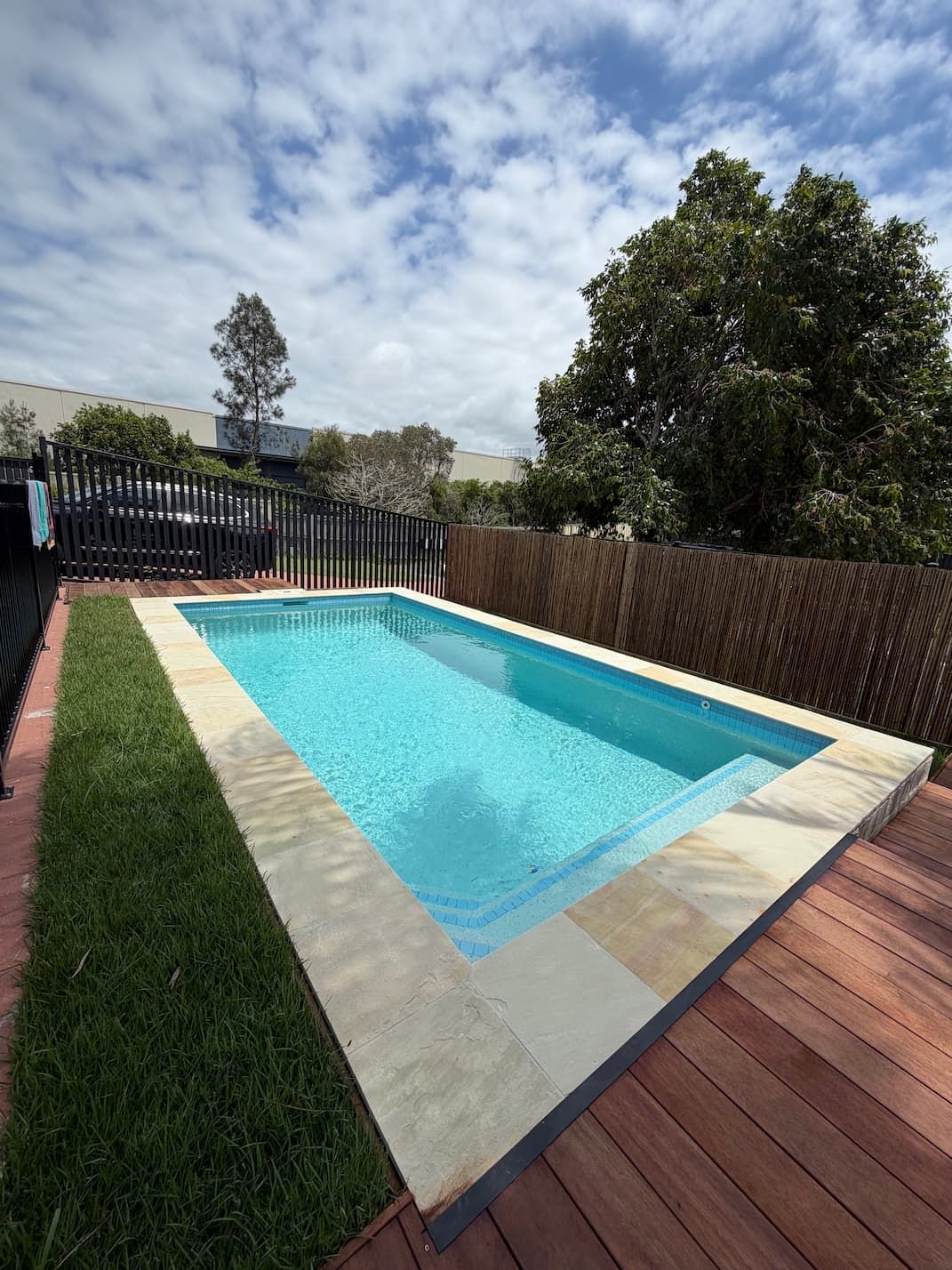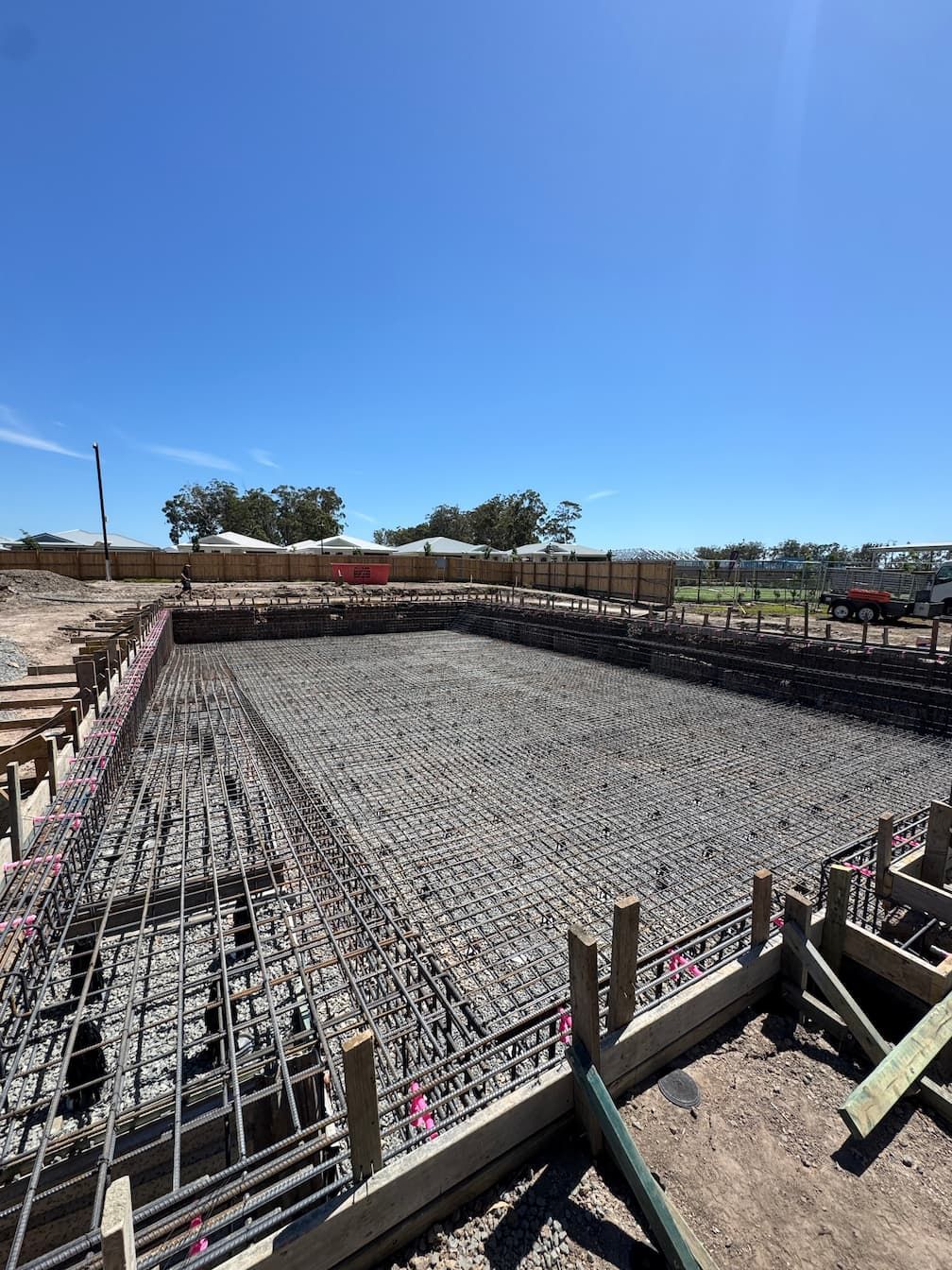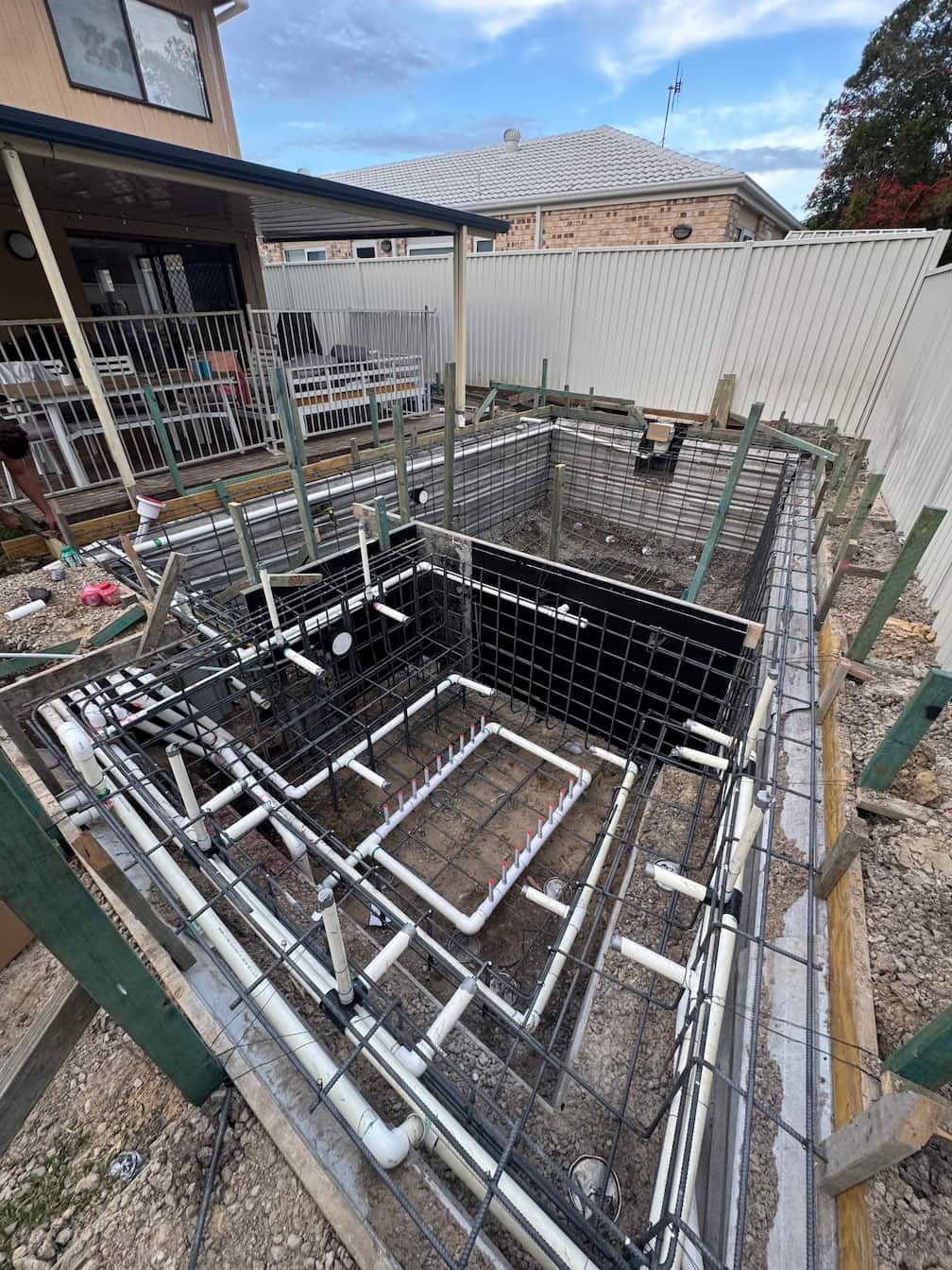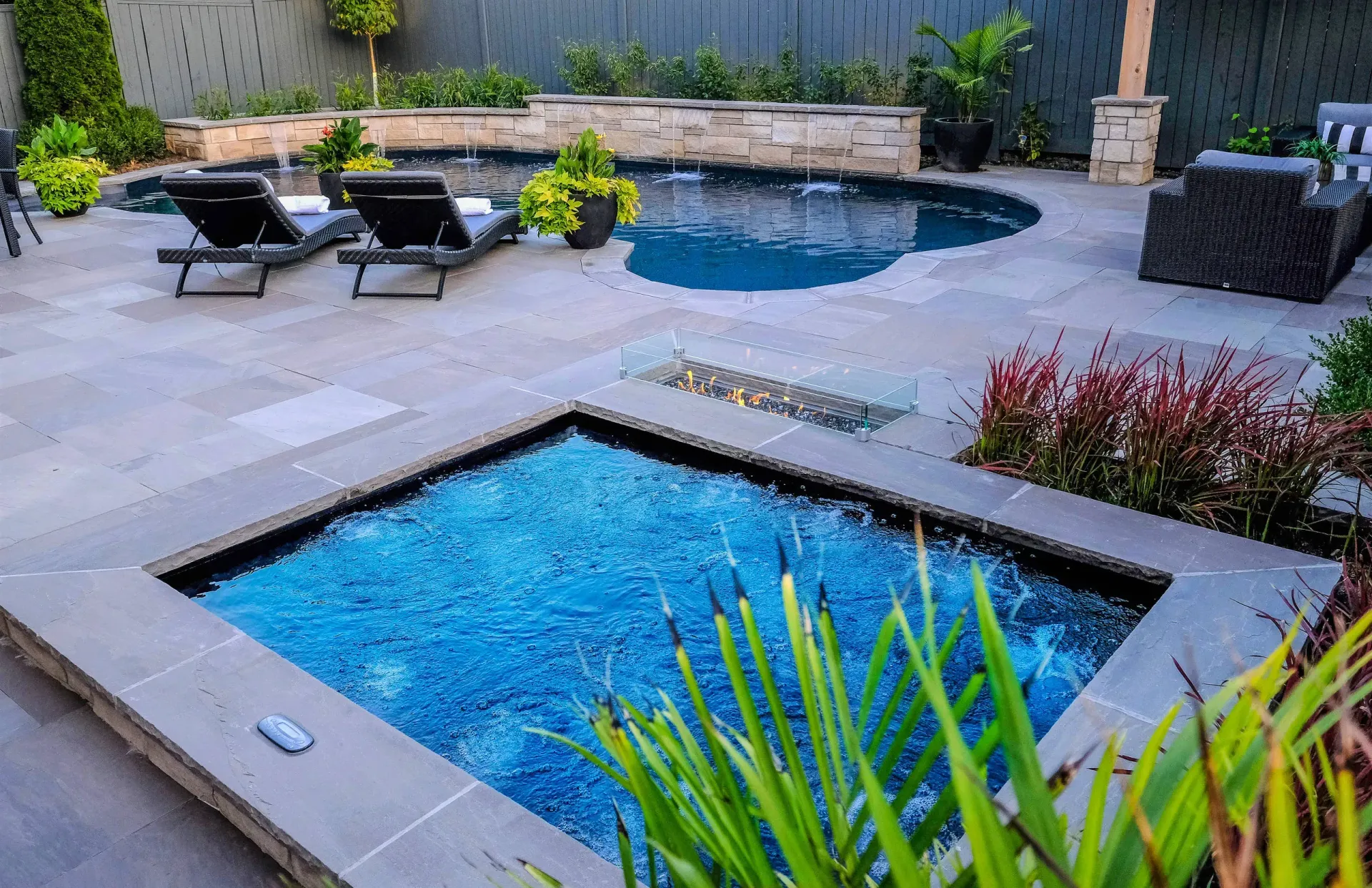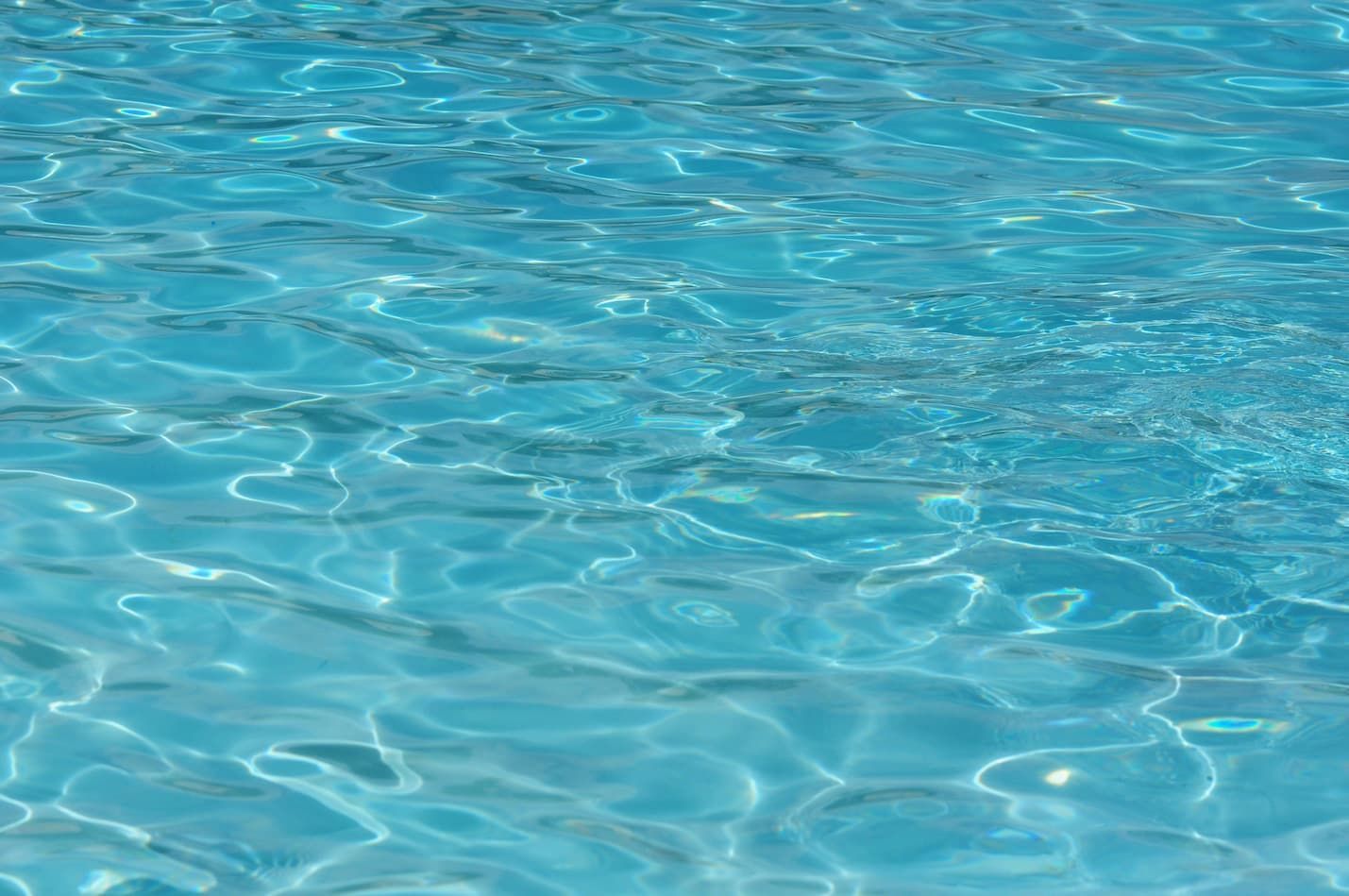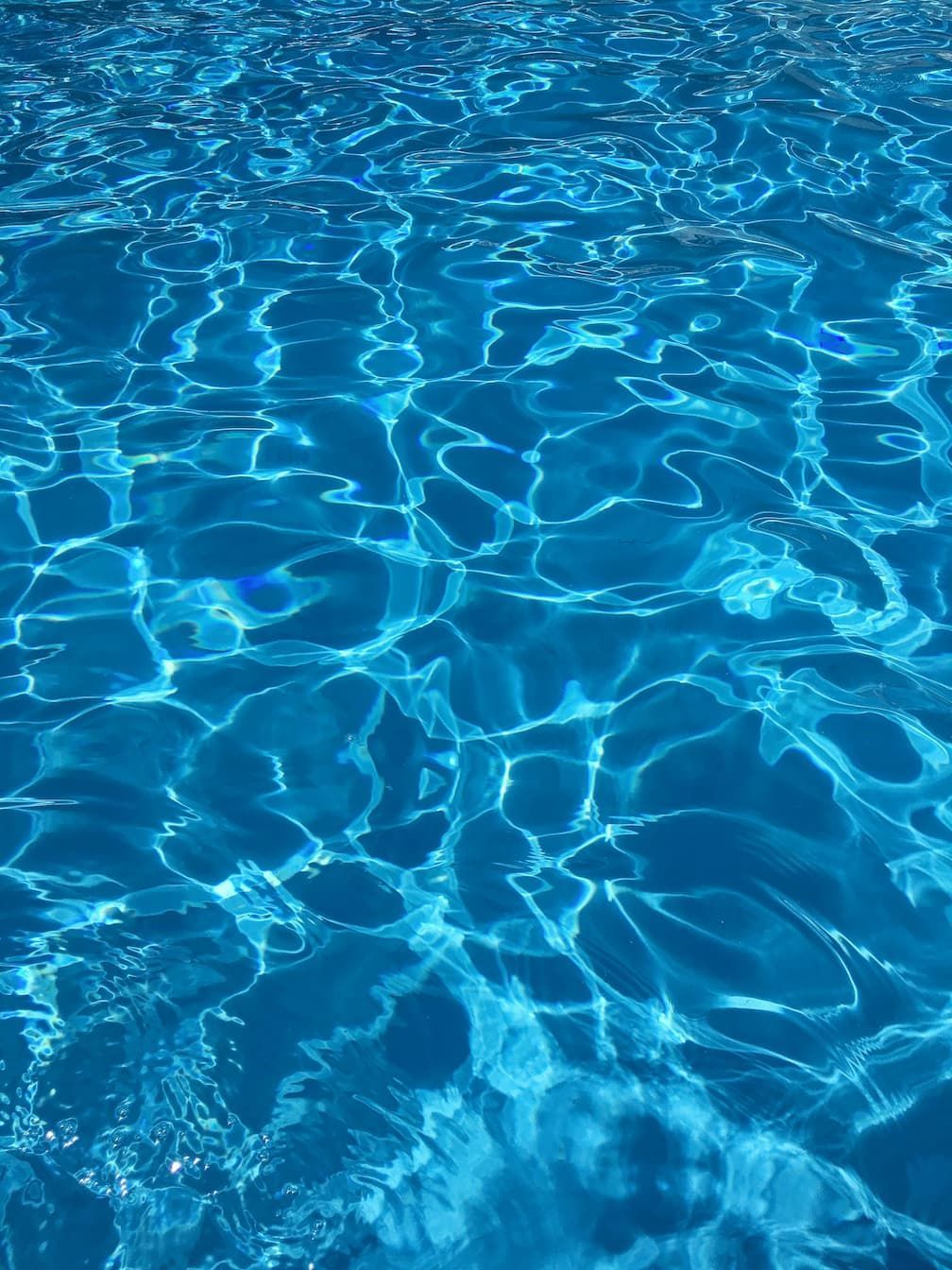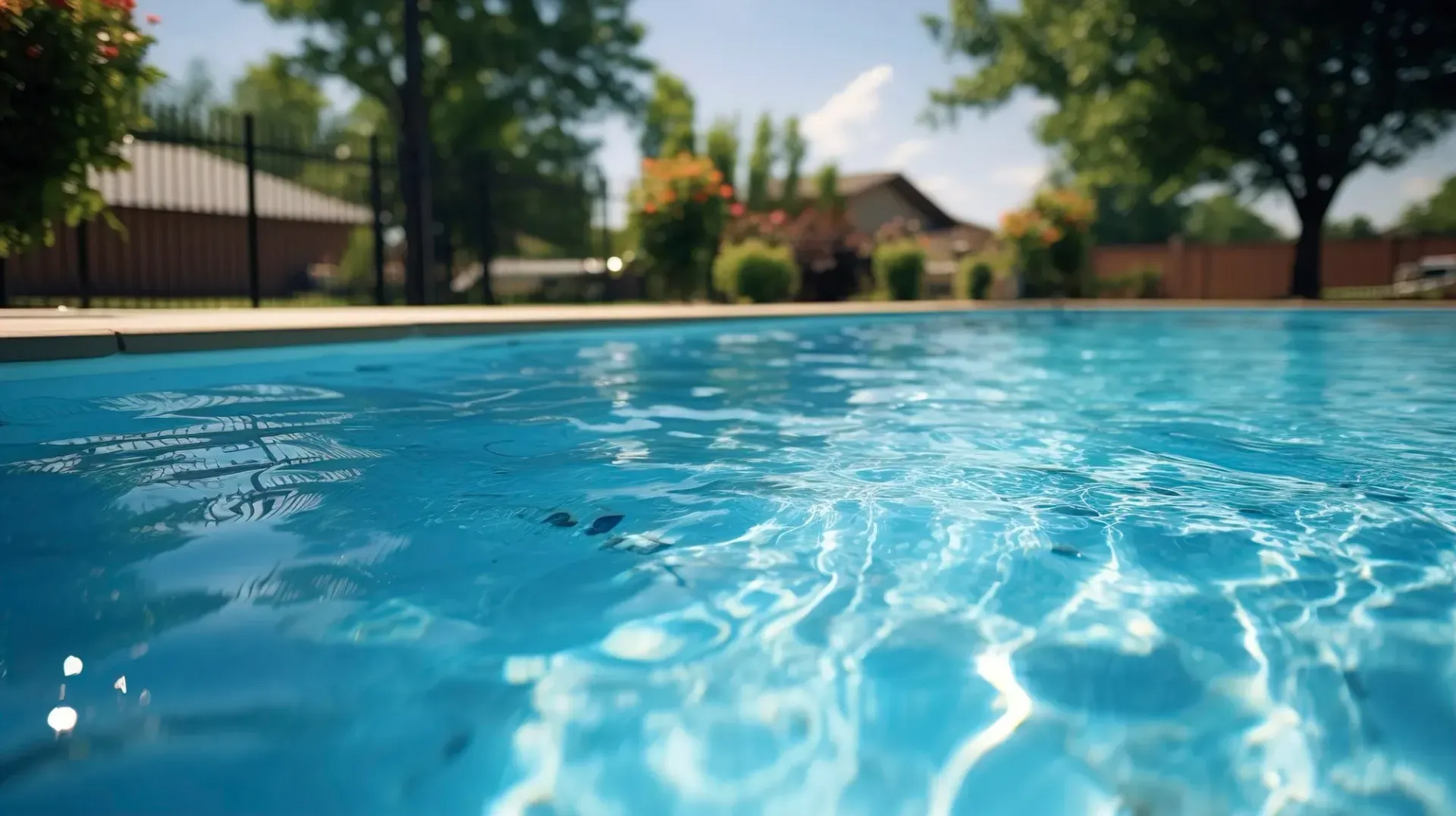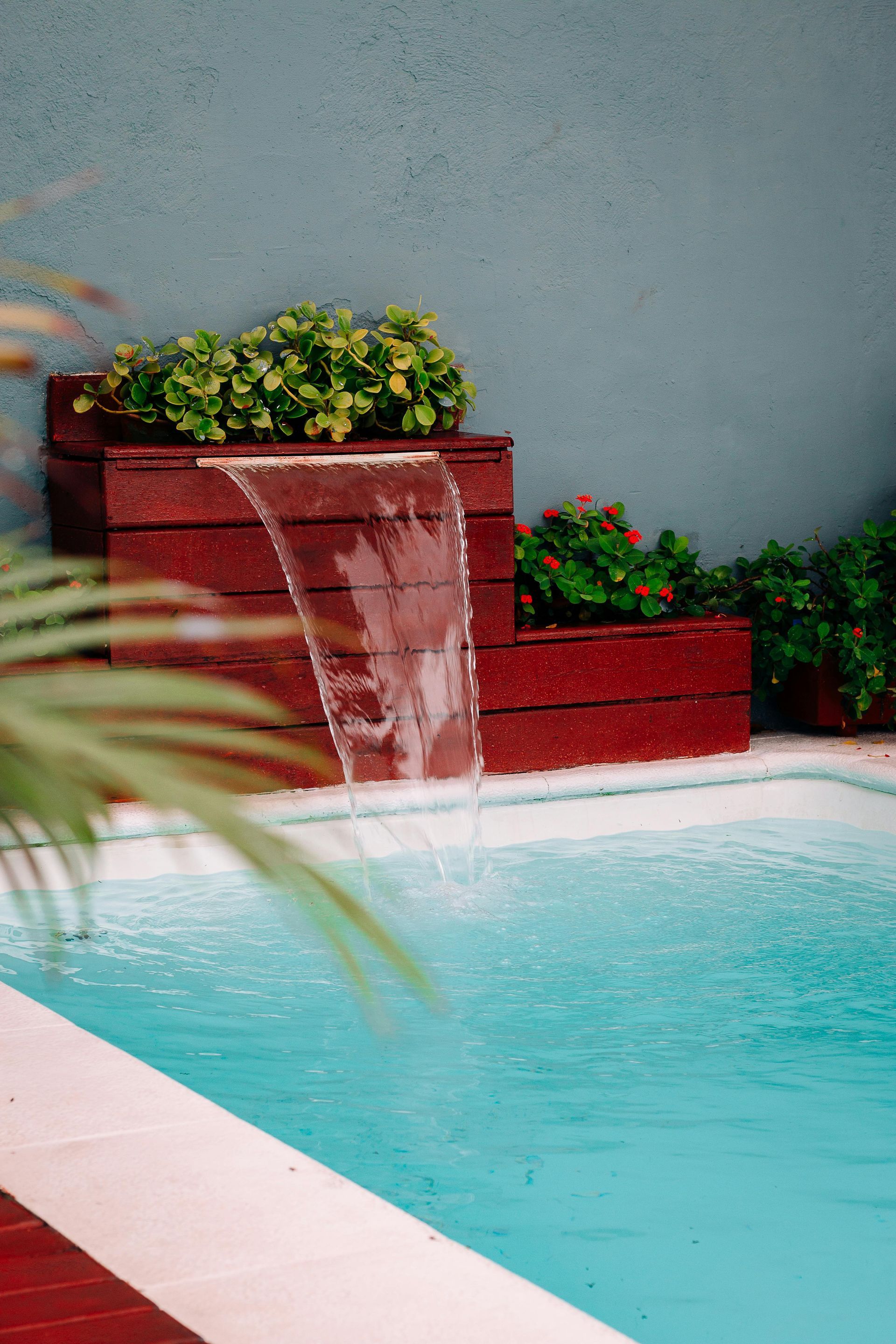How Long Do Concrete Swimming Pools Last?
When investing in a swimming pool for your home, one of the most common questions is: how long will it last? The answer depends on the type of pool you choose, and for many homeowners in Australia, concrete pools are the preferred option because of their durability, design flexibility, and premium finish.
At JKO Pool Construction, we specialise in building and renovating concrete pools on the Gold Coast, so we know first-hand what affects their lifespan. In this blog, we’ll walk you through how long a concrete swimming pool can last, what influences its longevity, and how to make sure your pool looks and performs its best for decades.
Average Lifespan of a Concrete Swimming Pool
Concrete swimming pools are known for their strength and resilience. On average, a well-built and properly maintained concrete pool can last 50 years or more. Some even last a lifetime, making them an investment not just for your enjoyment but also for your property’s value.
However, while the structure of the pool can last for many decades, the internal finish (such as tiles, pebblecrete, or plaster) will need refreshing from time to time. Typically:
- Pool resurfacing: every 15–20 years
- Pool equipment replacement (pumps, filters, heaters): every 7–10 years
- General repairs or minor upgrades: as needed
This means that while your pool shell remains solid, you’ll need to budget for some upkeep over the years to keep it looking and functioning like new.
Why Concrete Pools Last So Long
Concrete pools are considered the most durable option compared to fibreglass or vinyl. Here’s why:
1. Strong Structural Shell
Concrete is incredibly robust and can withstand decades of use without warping, bowing, or cracking under normal conditions. Unlike fibreglass, which can fade or bubble, concrete maintains its integrity.
2. Customisable Design
Because concrete pools are poured and shaped on-site, they can be tailored to suit your backyard and lifestyle. This makes them easier to renovate and refresh over time, which adds to their longevity.
3. Resistance to Harsh Conditions
Concrete pools can handle heavy use, fluctuating water chemistry, and even changing soil conditions better than many alternatives.
Factors That Influence Concrete Pool Lifespan
While a concrete pool has the potential to last for 50+ years, a few factors will determine how close you get to that milestone.
1. Quality of Construction
Not all pools are built the same. A pool constructed with proper engineering, quality concrete, and attention to detail will outlast one that’s rushed or poorly designed. At JKO Pool Construction, we pride ourselves on being hands-on throughout the process, ensuring consistency and quality control at every stage.
2. Water Chemistry
Maintaining the right water balance is crucial. Poor water chemistry can erode pool surfaces, corrode equipment, and shorten the lifespan of finishes. Regular testing and adjustments are essential.
3. Surface Finish
The type of interior finish—whether it’s tiles, plaster, or pebblecrete—impacts how often it needs resurfacing. Tiles, for instance, are more durable but come at a higher upfront cost.
4. Climate and Environment
Pools on the Gold Coast are exposed to lots of sun, occasional heavy rain, and salty coastal air. All of these can affect wear and tear, making proper maintenance especially important.
5. Ongoing Maintenance
Cleaning, brushing surfaces, servicing equipment, and scheduling regular professional check-ups all help extend the lifespan of your pool.
Signs Your Pool Needs Renovation
Even though your concrete pool may last decades, you’ll notice signs along the way that it’s time for a renovation or resurfacing. These include:
- Rough or pitted pool surfaces
- Persistent staining or discolouration
- Cracks or structural movement
- Outdated design or tiling
- Leaks or recurring water loss
If you notice these, it doesn’t mean your pool is at the end of its life—it usually means it’s time for a refresh. Renovations can make an older pool look brand new again, while extending its lifespan for decades more.
How Renovations Extend Pool Lifespan
One of the biggest advantages of a concrete pool is that it can be renovated and upgraded over and over again. Unlike fibreglass pools, which often need full replacement after 25–30 years, concrete pools can be resurfaced and modernised. Some common renovation options include:
- Resurfacing: applying a new plaster, pebblecrete, or tile finish
- Tiling upgrades: replacing old tiles with modern designs
- Structural repairs: fixing cracks or leaks to prevent further damage
- Adding features: waterfalls, lighting, spas, or benches
- Equipment upgrades: new pumps, filters, or energy-efficient systems
With the right renovation, your pool’s life is essentially reset, giving you decades more enjoyment.
Comparing Lifespan: Concrete vs Fibreglass vs Vinyl
It’s worth considering how concrete pools stack up against other types:
- Concrete pools: 50+ years with maintenance, highly customisable, can be resurfaced
- Fibreglass pools: 25–30 years before needing replacement, limited in shape/design, faster installation
- Vinyl liner pools: 10–15 years before liner replacement, less durable, lower upfront cost
While fibreglass and vinyl may be cheaper to install, their shorter lifespans and limited renovation options make concrete pools the better long-term investment.
Tips to Make Your Concrete Pool Last Longer
To ensure your pool reaches (or exceeds) its potential lifespan:
- Maintain proper water chemistry with regular testing
- Clean and brush surfaces weekly to prevent build-up
- Service equipment annually
- Resurface when needed (every 15–20 years)
- Address cracks or leaks immediately
- Schedule professional inspections to catch issues early
By staying on top of these steps, you can enjoy your concrete pool for decades without major problems.
Is a Concrete Pool Worth the Investment?
Absolutely. While the initial cost of a concrete pool is higher than fibreglass or vinyl, the durability, flexibility, and potential to last a lifetime make it a wise investment. You’re not just building a pool—you’re adding long-term value and lifestyle enjoyment to your home.
Conclusion
So, how long do concrete swimming pools last? With quality construction, proper care, and occasional resurfacing, they can last 50 years or more. That’s why so many homeowners on the Gold Coast choose concrete pools over other options.
At JKO Pool Construction, we bring over 16 years of combined experience to every project. From new builds to complete renovations, we ensure your pool is built to last—giving you and your family a space to enjoy for decades to come.
Written By Blake & Josh
With a combined 16 years of hands-on experience, we pride ourselves on delivering pools built to the highest standard.
